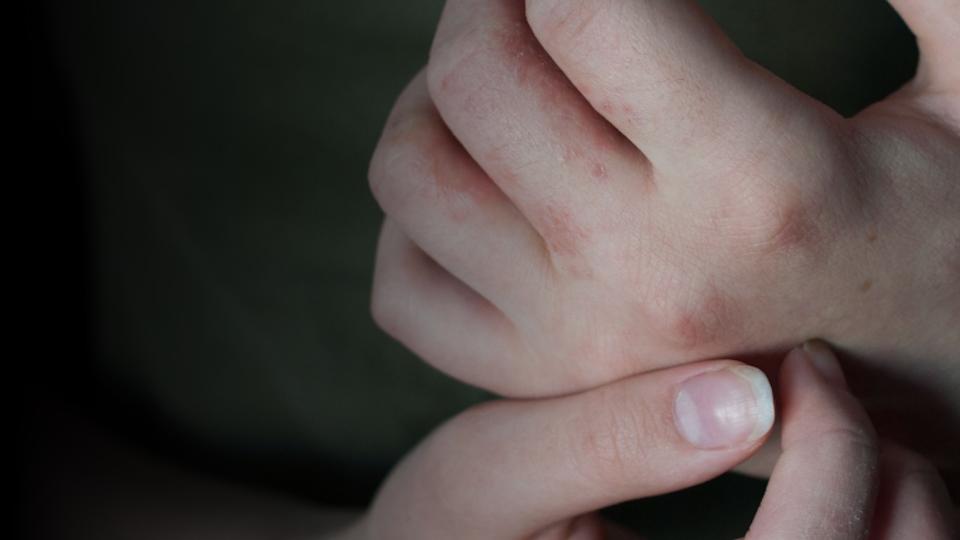Survey reveals heavy burden of chronic hand eczema

People with chronic hand eczema (CHE) have reported the serious impact the condition can have on their daily lives in a UK survey.
The poll – commissioned by LEO Pharma and supported by Allergy UK and a taskforce of healthcare professionals with experience in helping people living with CHE – has revealed that CHE can have dramatic consequences on quality of life, work, and relationships.
Hand eczema is pretty common, affecting around 14% of the UK population, and is classed as CHE if it lasts for more than three months or relapses twice or more often per year.
Among the most telling findings in the survey is that people with CHE delayed an average of eight years before consulting a doctor about it for the first time, even though it is well known that symptoms like itch, cracking skin, and pain can severely affect their quality of life.
Seven out of 10 respondents said they felt that CHE has affected their existing relationships or ability to build new ones, while a similar proportion said it was affecting their current work or education – even though around half said they had taken their CHE into account when choosing a career.
All told, three-quarters of the 152 patients polled strongly agreed that having eczema on the hands is harder than other areas of the body because they are in constant use.
One respondent said she sometimes feels like a bad mother because the CHE means she cannot bathe her little boy regularly and gets anxious about housework because her partner has to do more around the house.
Another said: “Even though I’m quite a confident person, it’s anxiety-inducing to have my hand eczema visible, as most don’t ask me what it is, they assume I’m unclean or unmoisturised. Which is not true. A lot of judgment without asking.”
Half of those polled said they had experienced anxiety or anger due to their CHE, yet, only 14% have been asked about the emotional impact by any HCP, and one of the recommendations in the report is greater education for healthcare workers about the condition.
“Patients are telling us quite clearly that we as HCPs are not prioritising the effective management of CHE highly enough,” said Professor Anthony Bewley, consultant dermatologist at Barts Health NHS Trust and a member of the CHE taskforce.
“This research report tells us that CHE is a really debilitating disease,” he added. “It’s not just the horrible itch and pain, nor also the awful effects on quality of life, but it is also the dreadful consequences to patients’ psychological wellbeing, which can be persistent and disabling.”
For patients with CHE, standard therapies like emollients and topical corticosteroids are often ineffective, and too much use of steroids can thin the skin, eventually making symptoms worse. They can be treated with alitretinoin, but that can cause serious side effects and is reserved for use in people who don’t respond to steroids. It also carries a risk of birth defects if taken during pregnancy.
LEO Pharma is developing a new form of treatment for CHE – pan-JAK inhibitor delgocitinib – in a cream formulation, which has been filed for approval and could reach its first markets later this year.












